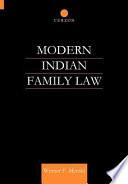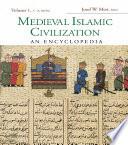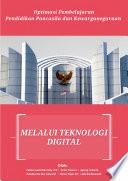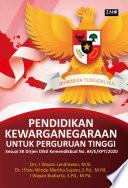An Encyclopedia
Medieval Islamic Civilization examines the socio-cultural history of the regions where Islam took hold between the seventh and sixteenth century. This important two-volume work contains over 700 alphabetically arranged entries, contributed and signed by international scholars and experts in fields such as Arabic languages, Arabic literature, architecture, art history, history, history of science, Islamic arts, Islamic studies, Middle Eastern studies, Near Eastern studies, politics, religion, Semitic studies, theology, and more. This reference provides an exhaustive and vivid portrait of Islamic civilization including the many scientific, artistic, and religious developments as well as all aspects of daily life and culture. For a full list of entries, contributors, and more, visit www.routledge-ny.com/middleages/Islamic.
This important two-volume work contains over 700 alphabetically arranged entries, contributed and signed by international scholars and experts in fields such as Arabic languages, Arabic literature, architecture, art history, history, ...










